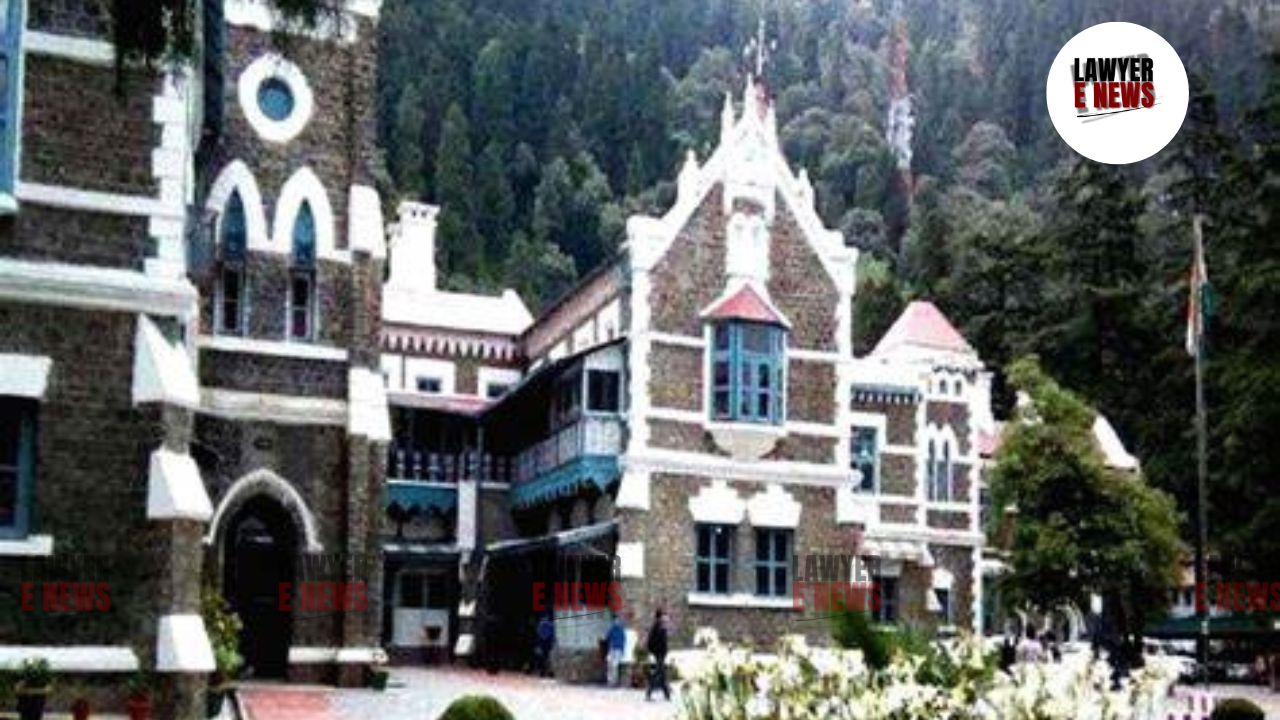-
by Admin
15 February 2026 5:01 PM



Justice Pankaj Purohit emphasizes evidence consistency and presumption of innocence in upholding acquittal in kidnapping case. The High Court of Uttarakhand has upheld the acquittal of Arun Kalra and others in a case involving allegations of kidnapping with intent to murder under Section 364 of the Indian Penal Code (IPC). The judgment, delivered by Justice Pankaj Purohit, emphasizes the insufficiency of substantial evidence supporting the prosecution’s claims and underscores the principle that appeals against acquittals necessitate compelling reasons for interference.
On June 12, 1994, at approximately 9:30 a.m., Jaswant Singh, the informant, was at his shop with his brother, Dharmendra Chabda. According to the prosecution, accused Arun Kalra arrived at the shop and asked Dharmendra to accompany him. Shortly after, Dharmendra was forcibly pushed into a car by Kalra and his associates, Balwant Singh, Susheel Kumar, and Tara Chand. Allegedly, Tara Chand threatened that Dharmendra would be killed unless Rs. 2,00,000/- owed by Avtar Singh was paid. The matter was investigated, leading to the charge-sheet against the accused. However, the trial court acquitted the respondents, prompting the state to appeal the decision.
Credibility of Evidence: The court meticulously scrutinized the evidence presented by the prosecution. Justice Pankaj Purohit highlighted, “The essential elements of Section 364 IPC, which include the intent to murder or to dispose of the victim in a manner that endangers their life, were not supported by the evidence on record.” The court found that key witness testimonies lacked consistency and corroboration from independent sources.
Witness Testimonies: Addressing the issue of witness testimonies, the court noted, “The prosecution failed to produce local witnesses who could corroborate the alleged incident of kidnapping. The testimonies provided by the informant and PW2-Dharmendra Kumar did not convincingly establish the intent to murder, a critical element for a conviction under Section 364 IPC.”
The judgment extensively discussed the standards for reviewing appeals against acquittals. Justice Purohit reiterated the Supreme Court’s guidelines from Ghurey Lal vs. State of Uttar Pradesh, stating, “The appellate court should reverse an acquittal only when it has ‘very substantial and compelling reasons.’ The presumption of innocence is further strengthened by the acquittal, and interference is warranted only in cases of perversity or illegality.”
Justice Purohit remarked, “In order to ensure that the innocents are not punished, the appellate court should attach due weight to the lower court’s acquittal because the presumption of innocence is further strengthened by the acquittal.”
The High Court’s dismissal of the appeal underscores the judiciary’s commitment to upholding the principle of innocent until proven guilty. By affirming the trial court’s findings, the judgment sends a clear message about the importance of substantial evidence and careful review in appeals against acquittals. This decision is expected to reinforce the legal framework ensuring that wrongful convictions are prevented and the integrity of judicial processes is maintained.
Date of Decision: 13th May 2024
